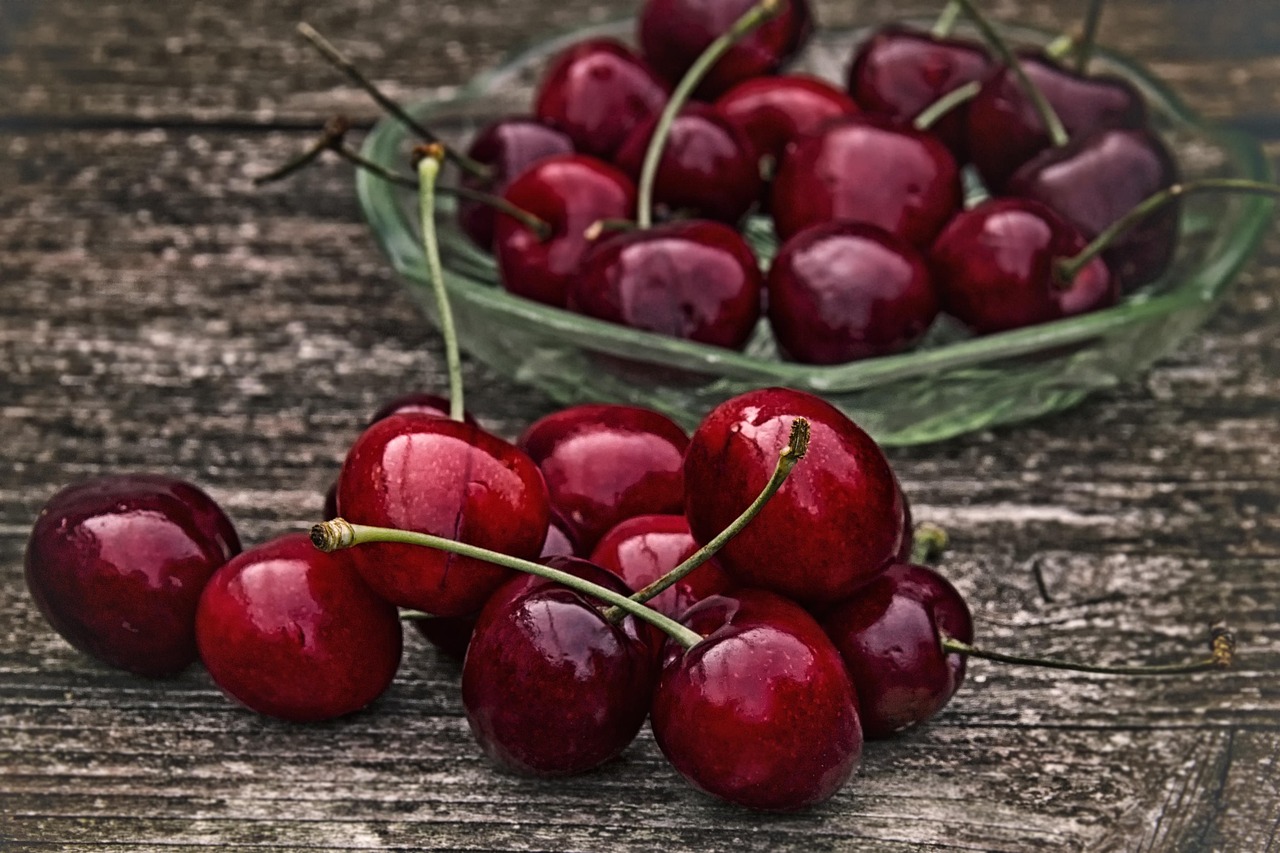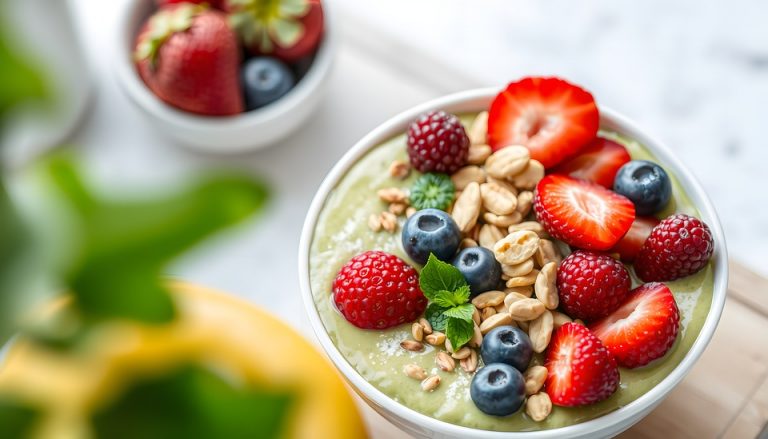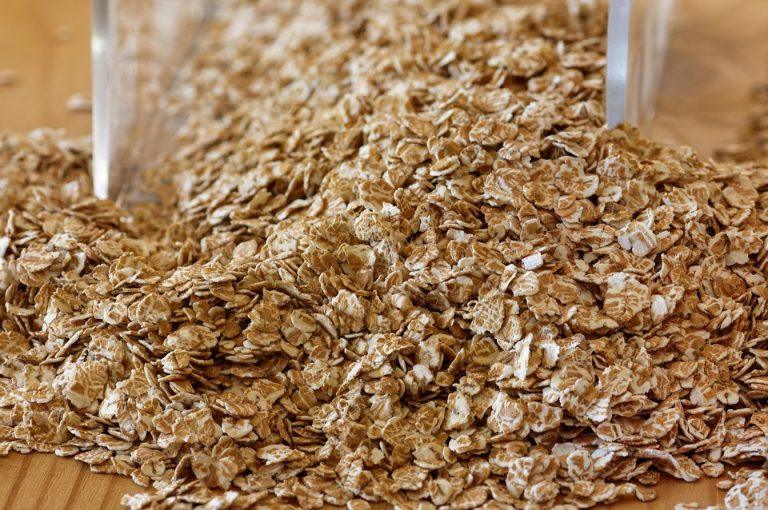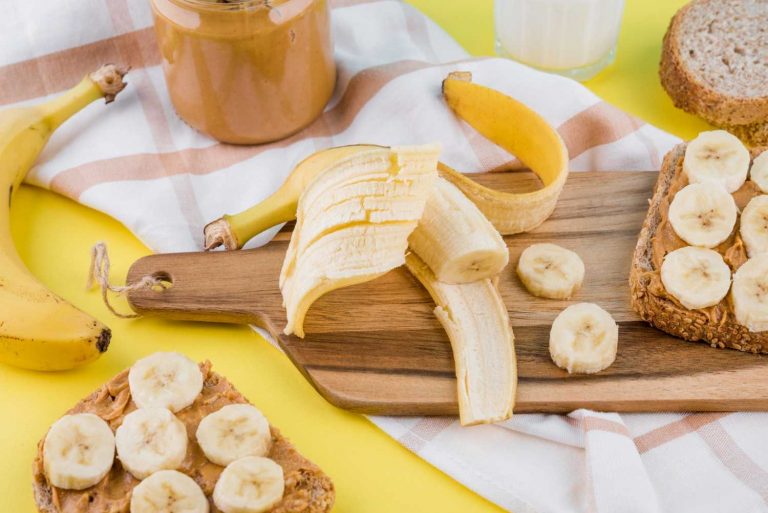Contents
5 Sleep-Boosting Fruits You Need to Try Tonight
Have you ever found yourself tossing and turning at night, wishing for a good night’s sleep? If you’re like most people, you’ve probably tried everything from counting sheep to sipping herbal tea, but what if I told you that the solution might be as simple as reaching for a piece of fruit? Yes, you read that right! Certain fruits can actually help improve your sleep quality. Let’s dive into five sleep-boosting fruits that you might want to try tonight.
1. Cherries: Nature’s Sleep Aid
Cherries, particularly tart cherries, have gained attention for their sleep-enhancing properties. Research shows they’re packed with melatonin, a hormone that regulates sleep-wake cycles.
Why They Work
A study published in the Journal of Medicinal Food found that participants who consumed tart cherry juice reported longer sleep duration and improved sleep efficiency. This is likely due to the melatonin content, which helps signal to your body that it’s time to wind down.
Pros and Cons
- Pros: They’re delicious, easy to incorporate into your diet, and offer additional health benefits like antioxidants and anti-inflammatory properties.
- Cons: If you’re sensitive to sugar, be mindful of portion sizes. Tart cherry juice can also interact with certain medications, so check with your doctor if you’re on anything.
How to Enjoy
Try sipping on a glass of tart cherry juice about an hour before bed, or toss some fresh cherries into your evening yogurt or smoothie.
2. Bananas: The Potassium Powerhouse
Bananas are not just a convenient snack; they’re also a fantastic source of magnesium and potassium, both of which are known to promote relaxation and help muscles unwind.
Why They Work
Magnesium helps regulate neurotransmitters that send signals to your nervous system and brain, while potassium helps to relax muscles. A study from The Journal of Nutrition highlights that magnesium deficiency can lead to sleep disturbances.
Pros and Cons
- Pros: They’re filling, nutritious, and easy to find year-round.
- Cons: If you’re watching your carbohydrate intake, bananas can be higher in sugars compared to other fruits.
How to Enjoy
Consider having a banana with a spoonful of almond butter before bed. It’s a tasty combo that can satisfy your sweet tooth while promoting sleep.
3. Kiwi: The Sleep-Inducing Superfruit
Kiwis are more than just a pretty fruit; they’re also packed with vitamins C and E, serotonin, and antioxidants that may help improve sleep quality.
Why They Work
A study published in Advances in Nutrition found that participants who ate two kiwis an hour before bedtime experienced a significant improvement in sleep onset, duration, and efficiency. The serotonin content in kiwis is particularly beneficial because it can convert into melatonin in the body.
Pros and Cons
- Pros: They’re low in calories and high in nutrients, making them a guilt-free snack.
- Cons: Some people may have allergic reactions to kiwi, so it’s best to be cautious if you’ve never tried them before.
How to Enjoy
Slice up a kiwi and add it to your evening fruit salad, or simply eat it raw. The vibrant green color and unique taste can make for a refreshing nighttime treat.
4. Pineapple: The Sweet Sleep Enhancer
Pineapple isn’t just a tropical delight; it’s also a great source of bromelain, an enzyme that may help reduce inflammation and improve digestion, which can be beneficial for a good night’s sleep.
Why They Work
Research has shown that bromelain can help with sleep by reducing pain and discomfort, which may otherwise keep you awake. Additionally, pineapple is known to boost melatonin levels, as highlighted in a study published in Nutrients.
Pros and Cons
- Pros: It’s hydrating and can be a refreshing addition to your nighttime routine.
- Cons: Pineapple is high in acidity, which could be a problem for those with sensitive stomachs.
How to Enjoy
Try grilling pineapple rings for a tasty dessert or blend it into a smoothie with some spinach and banana for a nutrient-packed drink.
5. Berries: The Antioxidant Allies
Berries, including strawberries, blueberries, and blackberries, are rich in antioxidants and vitamins that help combat oxidative stress, which can affect sleep quality.
Why They Work
Studies have indicated that antioxidants can help reduce inflammation and improve sleep quality. The fiber in berries also helps stabilize blood sugar levels, preventing nighttime awakenings.
Pros and Cons
- Pros: They’re versatile and can be used in various dishes, from salads to desserts.
- Cons: They can be more expensive and may have a shorter shelf life compared to other fruits.
How to Enjoy
Top your oatmeal with a handful of mixed berries or blend them into a smoothie for a delicious and nutritious pre-bedtime snack.
FAQs About Sleep-Boosting Fruits
1. Can I eat these fruits during the day?
Absolutely! While they can be particularly beneficial at night, these fruits are healthy choices any time of day.
2. How long before bed should I eat these fruits?
Aim for about 30 minutes to an hour before bedtime to give your body time to digest.
3. Are there any fruits I should avoid before bed?
Fruits that are high in sugar, like grapes or overly ripe bananas, might spike your blood sugar and could keep you awake.
4. Can I combine these fruits for better sleep?
Definitely! A fruit salad or smoothie with a mix of these options can provide a range of nutrients that promote sleep.
Conclusion
Getting a good night’s sleep doesn’t have to be a struggle. By incorporating these sleep-boosting fruits into your evening routine, you might just find yourself drifting off more easily. So why not give them a try tonight? After all, a little fruit might just be the key to a more restful night.
Remember, everyone’s body is different, and while these fruits can help many people, it’s always a good idea to listen to your body and consult with a healthcare professional if you have ongoing sleep issues.
References
-
Zubair, M., et al. (2012). Tart cherry juice improves sleep duration and quality in older adults. Journal of Medicinal Food. Retrieved from https://www.liebertpub.com/doi/abs/10.1089/jmf.2011.0211
-
Rosique-Esteban, N., et al. (2018). Effects of magnesium supplementation on sleep: A systematic review. The Journal of Nutrition. Retrieved from https://academic.oup.com/jn/article/148/6/1034/5049393
-
Wang, X., et al. (2020). Kiwifruit consumption improves sleep quality in adults: A randomized controlled trial. Advances in Nutrition. Retrieved from https://academic.oup.com/advances/article/11/2/277/5968914
-
Fulgoni, V. L., et al. (2018). Nutritional benefits of pineapple and its compounds. Nutrients. Retrieved from https://www.mdpi.com/2072-6643/10/10/1395
-
Wu, Y., et al. (2019). Berries and sleep: A review of the evidence. Nutrients. Retrieved from https://www.mdpi.com/2072-6643/11/3/641
This article is for educational purposes only and is not a substitute for professional medical advice. Always consult a qualified healthcare provider before making changes to your health routine.
Get Your FREE Natural Health Guide!
Subscribe now and receive our exclusive ebook packed with natural health tips, practical wellness advice, and easy lifestyle changes, delivered straight to your inbox.





